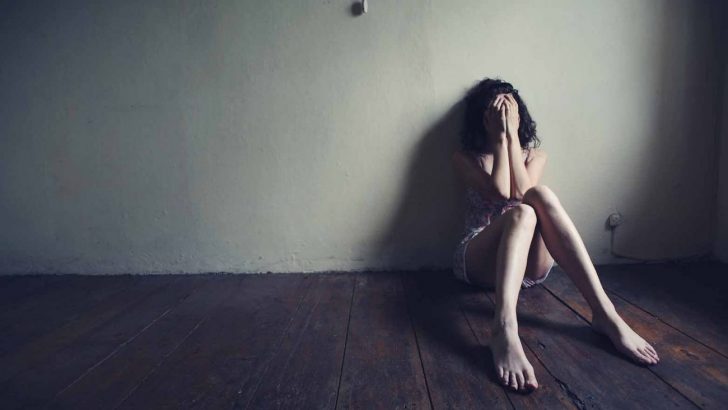Almost 100 women who access an Irish charity’s services are victims of sex trafficking, according to a new report.
Ruhama has helped vulnerable women involved in prostitution in Ireland for over 25 years, and its 2016 Annual Report shows they assisted 304 women of 37 nationalities. The charity was founded as a joint initiative of the Good Shepard Sisters and Our Lady of Charity Sisters.
The majority of women and girls that Ruhama help, who are victims of sex trafficking, come from Nigeria. Many women were also trafficked to Ireland from Brazil and Romania, and have suffered many forms of psychological, physical and sexual violence.
“The bulk of prostitution in Ireland is run by organised crime gangs who profit from the sexual exploitation of women and girls, particularly in off-street locations,” CEO of Ruhama, Sarah Benson said.
“These unscrupulous individuals make money from human misery – moving often vulnerable migrant women in a coordinated fashion from brothel to brothel across Ireland, with a view to satisfying local sex buyers’ demands.”
Websites
Ireland’s sex trade is mostly online, with websites registered in other countries openly advertising women in locations all over Ireland.
The majority of women attending Ruhama’s services that were sex trafficked were self-referrals. Eighteen women were referred by the Women’s Health Service, 17 by Garda and 11 by solicitors.
The others were referred by a variety of centres and services such as Direct Provisions centres, the Domestic Violence Support Service, Crisis Pregnancy Agency, the HSE’s Anti Human Trafficking Team, friends and social workers.
Since March this year it is illegal to buy sex in Ireland, and the penalties associated with organising and profiting from prostitution have increased. The law also decriminalises those who are selling sex outdoors, Ms Benson said: “It was already permissible for individuals to sell sex indoors and so now there is a recognition enshrined in law that no one should be criminalised for their own exploitation in Ireland”.


 Chai Brady
Chai Brady
